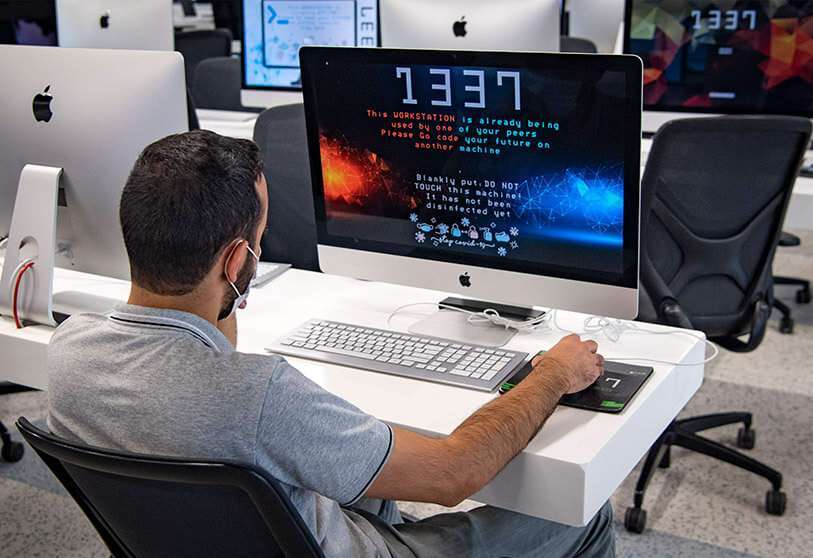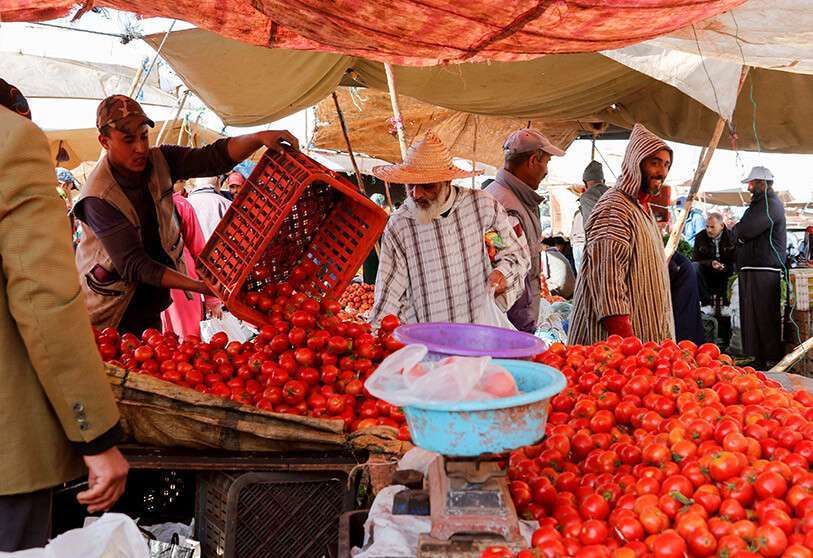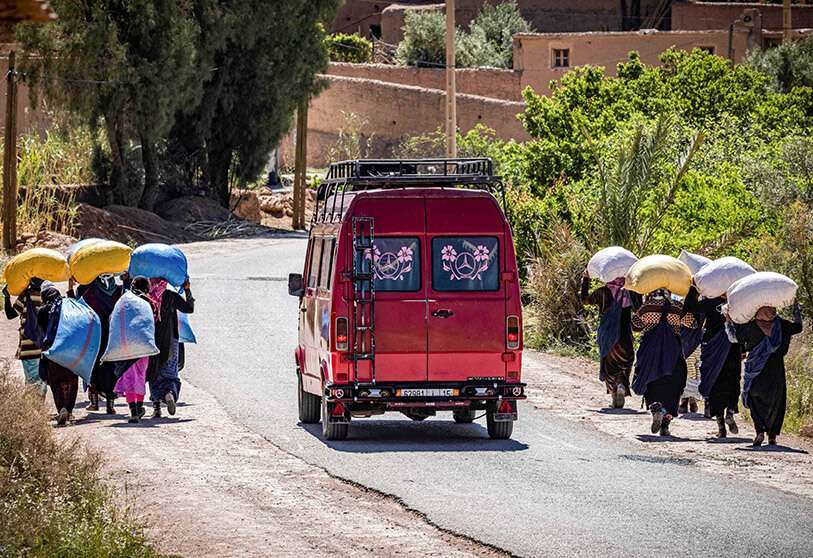Un estudio de la UpM demuestra que Marruecos avanza correctamente en materia de empleo

During the 5th Ministerial Conference, the Union for the Mediterranean (UfM) presented the conclusions of a project in which Morocco, like other countries on the shores of the Mediterranean Sea, participated. This is a project that has mainly monitored the progress of these nations in job creation. In addition to the Alawi kingdom, nations such as Tunisia, Algeria, Turkey, Palestine, Montenegro, Spain, France, Malta and Portugal have participated.
"The purpose of this monitoring is not to analyse the performance of the countries involved, but rather to observe developments in the areas identified by the latest UfM ministerial declaration," said Xavier Matheu, head of the Knowledge department of the EFF (European Training Foundation).
Within this analysis of job creation, the countries observed had to show that they promote entrepreneurship and social dialogue, as well as providing skills to workers during their working day. One of the most important points was to observe how these countries promote employment for young people, women and migrants, as well as their inclusion in the labour market.

The results have underlined that Morocco has exceeded all expectations and has fulfilled all that was agreed for the good development of the project. The UfM confirms that the Maghreb country has moved towards progress and has effectively implemented programmes that develop all the key factors for job creation. It should be noted that the Kingdom is a place where there are decent working hours and there is a generalisation of social protection that makes the country progress more and more in this sector.
In the Moroccan case, Younes Sekkouri, Minister of Economic Inclusion, Small Business, Employment and Skills, praised the Forsa and Awrach programmes as a clear example of the power of job creation. These are strategies developed by the Moroccan government that aim to achieve large numbers of new direct jobs. Awrach, for example, has been chaired and supervised by Aziz Akhannouch, Morocco's prime minister. His government has earmarked more than 2.5 billion dirhams for the project, which is expected to be completed in 2023.
Following in the wake of the study, the report stresses that Morocco, like the other participants, has put in place a framework within business structures to foster social dialogue. "This is symbolised by participatory mechanisms to consult civil society organisations in official processes related to employment and labour policies, with financial support in particular in Morocco and Spain," confirms Matheu.

The document also praises the diversity of policies and actions created to promote youth employment in the North African nation. Young Moroccans are one of the main problems in terms of unemployment, with very worrying figures, and for this reason, various programmes have been set up to specialise them in different sectors so that they can obtain a job.
In the case of women, more and more of them are seeking employment. Despite this, there is still a serious problem of wage inequality between men and women in Morocco. The National Social Security Fund (CNSS) confirms that 49% of women received a very low salary compared to their male counterparts. It has also been observed that women are moving into teleworking as a way of increasing their activity rate.
On the other hand, migrants in the UK have a good chance of finding work, according to Matheu. This is because countries such as Morocco are evolving with policies of emigration, transit and reception of foreigners and refugees, so their situation does not prevent them from getting a job.

However, the report also points out that Morocco is adapting to the current situation and the digitalisation of some sectors is becoming increasingly important. For this reason, learning aimed at the development of this technological transformation is being facilitated. The Maghreb country has policy measures in place to anticipate future skills that are improving employability across the board in the territory.







